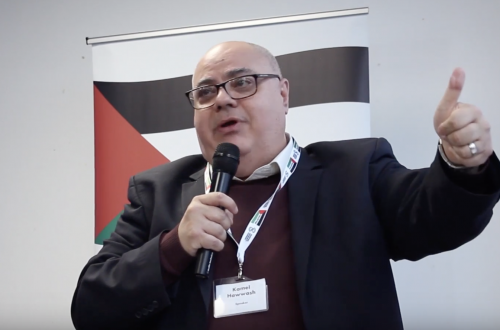Disabled people are some of the biggest losers from the Coalition’s cuts. They are likely to be affected directly, by the abolition of the Independent Living Fund, for example, and indirectly, as Councils desperately seek ways to save money. But some campaigners have launched legal actions to challenge such cuts:
In a judicial review brought by the families of four severely disabled people which is being keenly followed by the caring community, a judge ruled last month that Birmingham city council’s plans to limit social care for disabled people are unlawful.
The local authority, a Conservative-Liberal coalition, hopes to save £17.5m from its budget this year by limiting council-funded social care only to those assessed as in “critical” need.
But in an interim judgment, Mr Justice Walker ruled that the council business plan was unlawful because it failed to comply with section 49a of the Disability Discrimination Act.
Today there will be a march in London, organised by the Hardest Hit campaign, to protest against disability benefit cuts. The Hardest Hit campaign is organised jointly by the Disability Benefits Consortium and the UK Disabled People’s Council, and it is supported by numerous organisations including Child Poverty Action Group, Leonard Cheshire Disability and Macmillan Cancer Support. They have issued a statement outlining their concerns:
The Hardest Hit group are disappointed the Minister for Disabled People, Maria Miller MP, has decided to not attend the protest and respond to what disabled people have to say about the Government’s cuts.
The Hardest Hit coalition intends to bring Westminster to a standstill to call on the Government to:
* Scrap plans to cut Disability Living Allowance, a vital benefit that enables disabled people to live independently.
* Make sure Employment and Support Allowance, which replaces Incapacity Benefit, has a fair and effective assessment process, does its job and supports disabled people.
* Stop cuts to services that are essential to disabled people’s quality of life, such as day care, transport and respite care services.
Those concerned about the cuts include deaf children and their parents, people suffering from mental health problems, and those living in residential homes who will lose their disability living allowance.
I am not opposed to all cuts, but it seems particularly worrying and regrettable that people whose lives are already so difficult should end up being among the biggest losers. If you want to contact your MP or join today’s march, here’s some further information.
Update Mr Danger adds in the comments. ‘ILF funding will continue for five years for existing recipients. The idea isn’t to eliminate the spending, rather to eliminate the web of quangos through which benefits like this are provided.’ I’m adding this because he’s commented on this before so I thought I’d put the point on permanent record!


